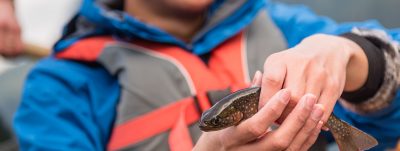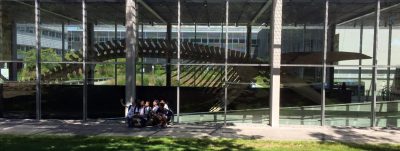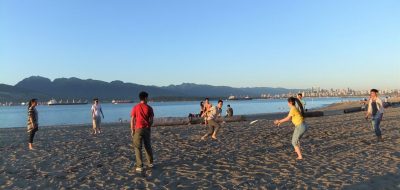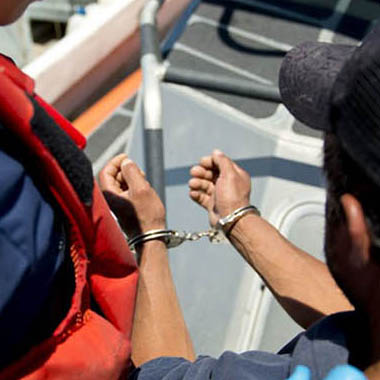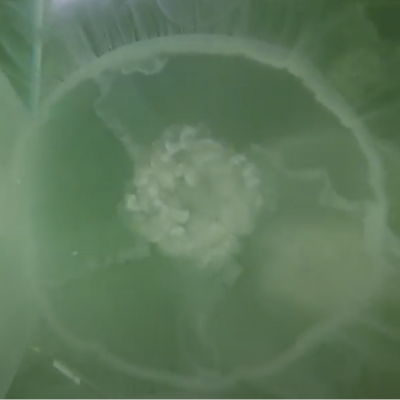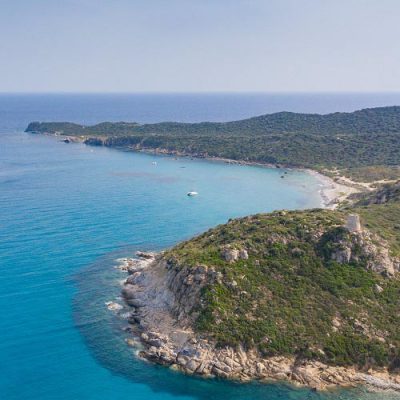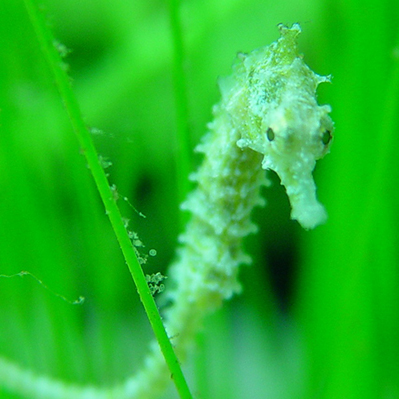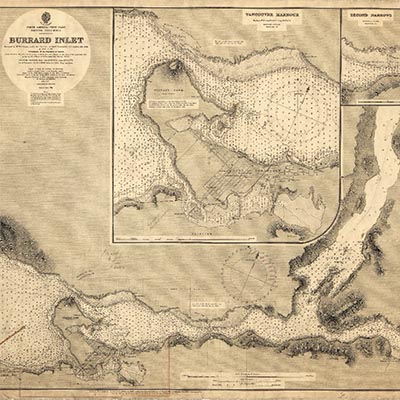WEBINAR: Fish Wars and Blue Conflicts
This webinar was held on April 6, 2022, 10:00 to 11:30 am. Click here to watch video
Jellyfish researcher Jessica Schaub to take “international tour” thanks to Hugh Morris Fellowship
Schaub has received a fellowship that will enable her to visit four countries where she will deepen her understanding of jellyfish.
Protecting 30 per cent of the ocean by 2030 would barely impact fisheries
Sea Around Us presents a multi-objective solution that could lead to the protection of 89% of the ocean’s Representative Biodiversity Areas and 89% of threatened species or about 860 species, all while maintaining access to fishing grounds that provide 89% of the global catch.
CITES makes a difference to the trade in live seahorses
Project Seahorse reports on the first quantitative analysis of how CITES has influenced the international trade in marine fishes.
New FCRRs: Historical Ecology in Burrard Inlet and Reconstructing the pre-contact shoreline of Burrard Inlet
These two new Fisheries Centre Research Reports will help us understand the overpowering changes that colonial settlement and development has had on the marine ecosystems surrounding the Lower Mainland area of British Columbia.
